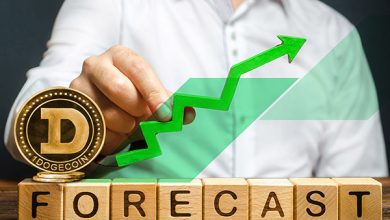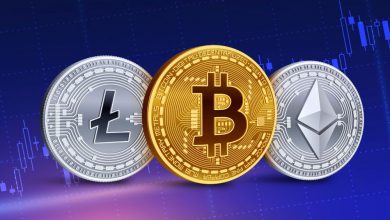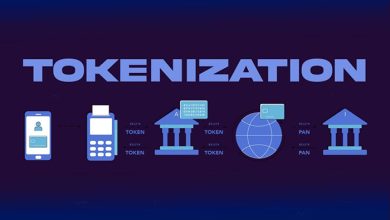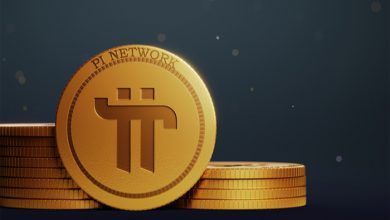GooseFX: Your One-Stop Exchange for DeFi & NFT Trading on Solana
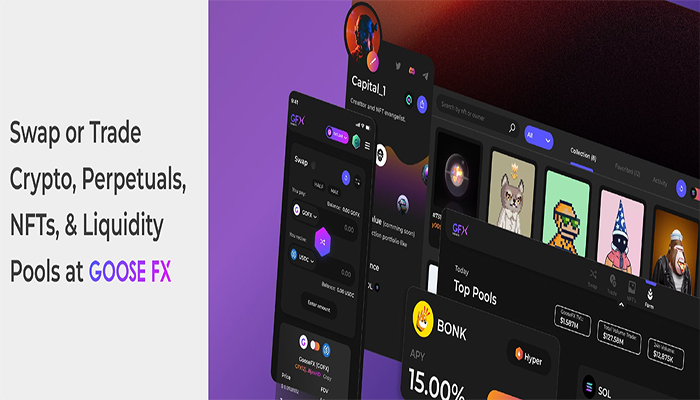
GooseFX is an all-inclusive DeFi & NFT suite built on the Solana blockchain, offering various decentralized peer-to-peer financial products. As a one-stop exchange, you can trade cryptocurrencies, futures, and NFTs all through one seamless interface. Here, we explore its key features and the team behind it.
With GooseFX, you can experience a DEX through our CLMM (Concentrated Liquidity Market Maker) and a Perpetual Futures DEX based on a CLOB design. Our platform also offers a unique NFT aggregator, single-sided liquidity pools & staking, and NestQuest – a completely on-chain NFT and platform tutorial.
The GooseFX team is a group of ambitious individuals with backgrounds in crypto, blockchain development, and quantitative trading. With over 25 years of combined programming experience and a decade of experience in crypto markets, they aim to provide the best DeFi & NFT suite across the ecosystem.
What Is Decentralized Finance (DeFi):
Decentralized Finance, commonly referred to as DeFi, is a financial system that operates on a decentralized network such as a blockchain. It aims to provide open and permission less financial services to anyone with an internet connection, without the need for intermediaries like banks or traditional financial institutions.
DeFi leverages smart contracts, which are self-executing agreements coded on a blockchain, typically Ethereum. These smart contracts enable the creation of decentralized applications (DApps) that automate financial transactions and remove the need for intermediaries.
Key components of DeFi include:
- Cryptocurrencies: DeFi relies on cryptocurrencies as the native digital assets used for transactions, investments, and collateral. Popular cryptocurrencies like Bitcoin and Ethereum are commonly used in DeFi protocols.
- Smart Contracts: DeFi protocols utilize smart contracts to establish and enforce the rules and agreements of financial transactions. These smart contracts automatically execute transactions when predefined conditions are met.
- Decentralized Applications (DApps): DApps are the user-facing applications built on blockchain networks that enable users to interact with DeFi protocols. They offer a range of financial services such as lending, borrowing, decentralized exchanges, yield farming, and more.
- Lending and Borrowing: DeFi allows individuals to lend their cryptocurrency holdings to others and earn interest on their loans. Similarly, users can borrow cryptocurrencies by providing collateral, which is typically held in a smart contract.
- Decentralized Exchanges (DEX): DeFi introduced decentralized exchanges that enable peer-to-peer trading of cryptocurrencies without the need for intermediaries. These exchanges rely on liquidity pools and automated market-making algorithms.
- Yield Farming: Yield farming involves users staking or lending their cryptocurrencies to earn additional tokens as rewards. It utilizes various DeFi protocols to optimize returns by moving funds between different platforms to capitalize on the highest yield opportunities.
Benefits of DeFi include increased accessibility, transparency, and financial inclusivity. It provides individuals with direct control over their funds, reduces reliance on centralized institutions, and expands financial opportunities for individuals who may have limited access to traditional banking services.
However, it’s important to note that DeFi also comes with risks such as smart contract vulnerabilities, market volatility, and regulatory challenges. It’s crucial for participants to understand the risks involved and conduct due diligence before engaging in DeFi activities.
what is NFT (Non-Fungible Token)
A Non-Fungible Token (NFT) is a type of digital asset that represents ownership or proof of authenticity of a unique item or piece of content, typically stored on a blockchain. Unlike cryptocurrencies such as Bitcoin or Ethereum, which are fungible and can be exchanged on a one-to-one basis, NFTs are indivisible and cannot be exchanged on a like-for-like basis.
Key characteristics of NFTs include:
- Uniqueness: Each NFT has a distinct digital identity and cannot be replicated or replaced. It represents a specific item or piece of content, such as artwork, collectibles, music, virtual real estate, virtual goods in video games, or even real-world assets like real estate or rare physical items.
- Blockchain-based Ownership: NFTs are typically built on blockchain networks, most commonly Ethereum, but also other blockchains like Binance Smart Chain or Flow. The blockchain serves as a decentralized ledger that records the ownership, transaction history, and metadata of each NFT, providing transparency and security.
- Scarcity and Rarity: NFTs can have limited availability, creating a sense of scarcity and rarity. Artists or creators can issue a limited number of copies or even a single unique edition of their work, increasing its perceived value.
- Proof of Authenticity and Ownership: NFTs provide verifiable proof of authenticity and ownership. The blockchain records the creator’s information, the history of ownership transfers, and any associated metadata or additional content related to the NFT.
- Interoperability: NFTs can be bought, sold, and traded on various online marketplaces and platforms that support NFT transactions. These marketplaces provide a platform for creators to mint and sell their NFTs, and for collectors to discover, purchase, and trade them.
- Royalties and Smart Contracts: NFTs can incorporate smart contracts that automatically execute predefined conditions, such as royalty payments to the creator whenever the NFT is sold or resold on the secondary market. This allows artists to continue earning from their work even after the initial sale.
NFTs have gained significant attention and popularity in the digital art world, where artists can tokenize and sell their artwork directly to collectors, bypassing traditional art market intermediaries. However, NFTs have also been utilized in other industries, creating new possibilities for ownership and monetization of unique digital and physical assets.
It’s important to note that while NFTs have seen a surge in interest and value, investing in NFTs carries risks, including price volatility, market speculation, and the potential for fraud or copyright infringement. Due diligence and research are recommended before participating in the NFT market.
How DeFi & NFT Trading on Solana
DeFi and NFT trading on Solana have gained traction due to the platform’s high throughput, low transaction costs, and scalability. Solana is a high-performance blockchain that supports decentralized applications and smart contracts, making it an attractive option for DeFi protocols and NFT marketplaces.
DeFi on Solana:
- Protocols: Solana hosts a growing number of DeFi protocols offering various services such as decentralized exchanges (DEXs), lending and borrowing platforms, stablecoins, and yield farming opportunities. Some popular DeFi protocols on Solana include Serum, Raydium, Mango Markets, and Saber.
- Solana DEXs: Solana-based DEXs provide fast and low-cost trading experiences. These DEXs utilize Solana’s high throughput and low transaction fees to enable efficient trading of cryptocurrencies and tokens. Examples of Solana DEXs are Serum DEX, Raydium DEX, and Orca.
- Cross-Chain Interoperability: Solana has been actively working on cross-chain interoperability solutions, allowing assets and liquidity to move between different blockchain networks. This enables users to access DeFi protocols and assets from other ecosystems, expanding the possibilities and liquidity in the Solana DeFi space.
NFT Trading on Solana:
- NFT Marketplaces: Solana has witnessed the emergence of NFT marketplaces built on its blockchain, providing platforms for creators and collectors to mint, buy, sell, and trade NFTs. Some popular Solana-based NFT marketplaces include Solanart, Digital Eyes, and Solible.
- Low Fees and Scalability: Solana’s low transaction fees and fast confirmation times make it an attractive choice for NFT trading, especially for high-volume transactions. The scalability of the Solana network allows for a smooth user experience, even during periods of high demand.
- Fractional NFT Ownership: Solana supports fractional ownership of NFTs through the use of tokens or shares. This enables users to collectively invest in high-value NFTs, increasing accessibility and liquidity in the NFT market.
It’s important to note that while Solana has gained popularity, the ecosystem is still evolving, and the security and auditing of DeFi protocols and NFT marketplaces should be carefully assessed. As with any investment or participation in decentralized platforms, it’s advisable to conduct thorough research, understand the associated risks, and exercise caution.
Follow – https://bitcointodays.com for More Updates
